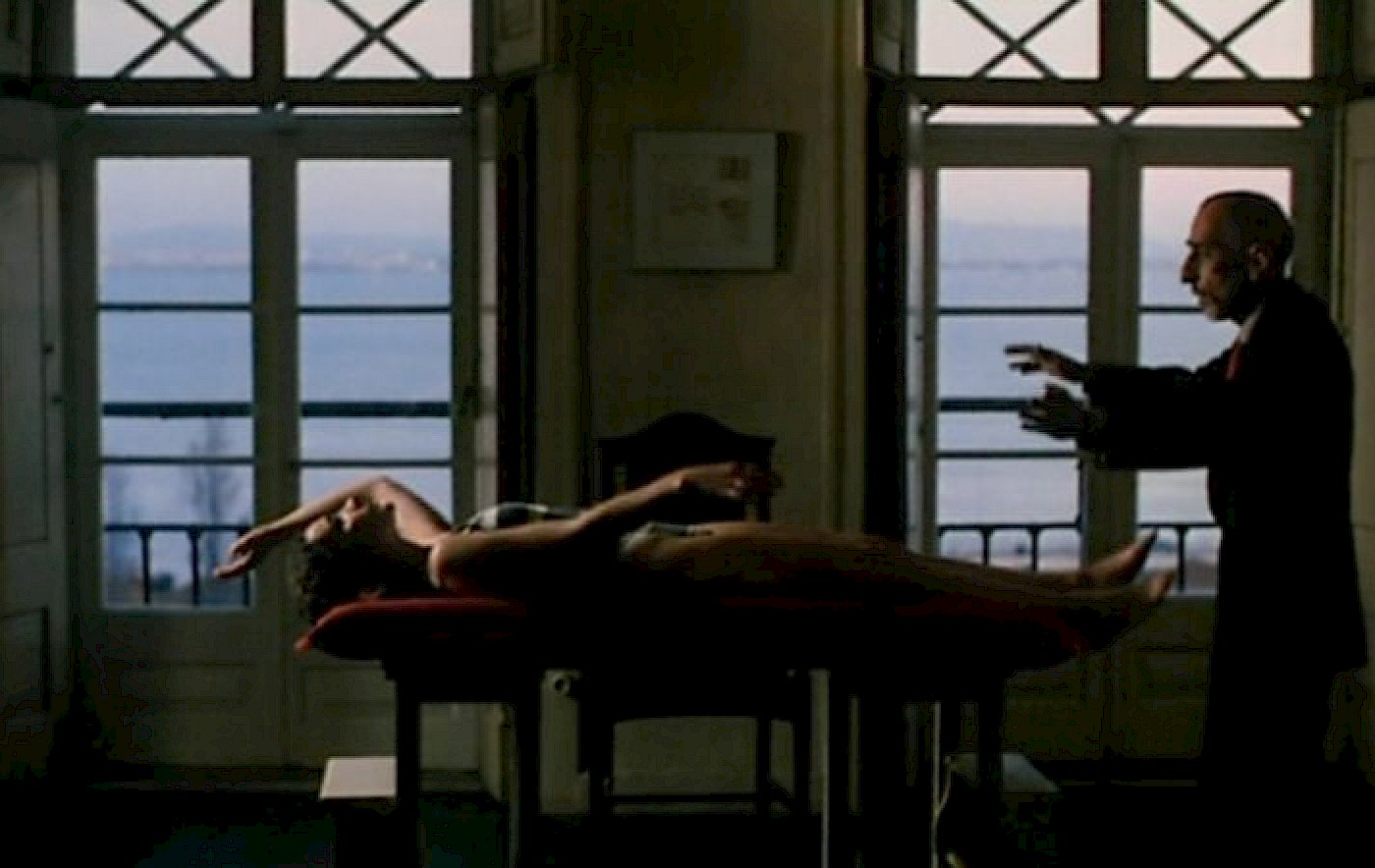Leros. Spring 2005. We take the boat once a week to read our e-mail, crossing the water just after dawn, tinted bronze by the early light, the waves no more than faint creases in a silken Dali-esque stillness interrupted only by the ruminant chug-chug of the engine. We are spending three months on the island of Lipsi in the Dodecanese, one of a number scattered across the Aegean claiming to be the home of Calypso, goddess of divine inertia. But we are here for work reasons. More precisely, we have come to the island to read Proust. Naturally, there are a number of smaller chores permitting us to do this, but these fade into insignificance compared with the major task at hand, the first real work we’ve had since tackling Musil’s Man Without Qualities. It is something we undertake with the utmost seriousness. A sense of dedication that fills us with something we can only call joy.
Joy is a tricky word. A hollow sounding word. A word that rarely, if ever, speaks its name in polite company, harder to fathom than the happiness that writes white. I think of the Gnostic Blake’s infant joy, joy that ‘befalls’ the inhabitants of a fallen world as the sole compensation for the trouble of being born, and that seems to express nothing more the miraculous and devastating fact of their existence among all that will never be. Joy. Inexplicable plenitude of empty, open being whose only power is to extend and multiply itself.
On this occasion the trip to the internet café proves uneventful. With time on our hands until the boat leaves, we embark on the long climb up to the island fort, through the narrow streets, through the barbershops and cafes, the bric-a-brac emporiums and valium smiles of cracked ex-pats selling their hand-daubed crockery and hideous watercolour sunsets, the crazed blue eyes of ex-psychiatric patients spilling out of bars, out and up to the promontory where the castle commands the finest view to be had of the bay. Two thirds of the way up, where a desultory park bench idly sits overlooking a precipice, we pause for a brief respite. For some years it has been our habit at such moments to choose a fitting track that will mark its passage, preparing a memory for future use, with the deliberation of someone scoring a key film scene. Dialing through a blur of grey names on my i-pod, I select Jessye Norman’s recording of Wagner’s Isolde’s Liebestod.
As the soprano’s voice soars improbably in our headphones above the swelling orchestra, projecting its song into the abyss, the view is almost unbearably beautiful. For there is literally nothing to see beyond a blinding surge of blue as the far below sea merges imperceptibly with an immensity of sky, forming a single curvature, at once concave and convex, empty and full.
Trying to peer through to the distant islets, our eyes are flooded, our heads dizzied by the beckoning vertigo of blue nothingness, unending plunge and plummet. In the wrenching outreach that seizes and literally uplifts us for those seven minutes, human-powered flight seems a viable option. I experience the mad rapture of an Isolde, an Empedocles, and tell myself that never again will a piece of music and an image come together for me with the same intensity, though at the same time there’s a part of my mind that summons from memory a similar if slightly more contained sensation encountering the same music in Monteiro’s A comedia de Deus, as Joao de Dieu, would-be emperor of ice-cream conducts one of his lovely, lissom assistants through an unforgettable table-top swimming lesson, breast-stroking through air, and thinking if this is what cinema can do, and with so little, then there is hope (and joy) for us yet.
Graeme Thomson
